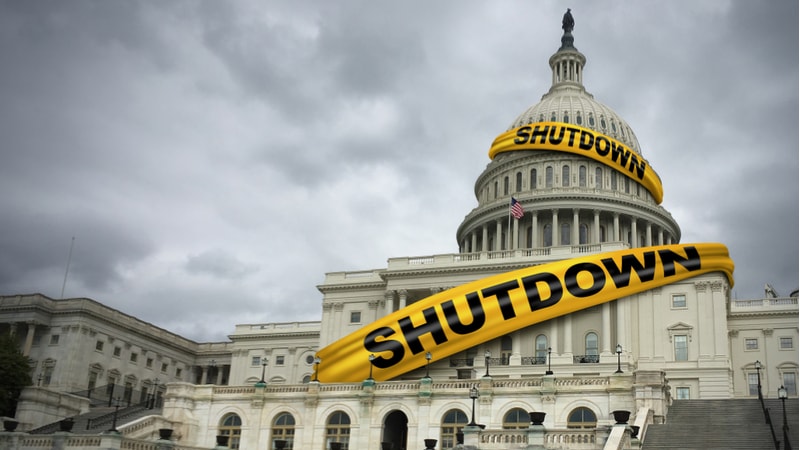
As the U.S. government shut down on Wednesday, Sen. Marsha Blackburn, R-Tenn., warned the funding lapse could endanger national security, saying, “Bad actors and adversaries do not take a day off.”
Speaking at an event hosted by POLITICO on Wednesday morning, Blackburn argued the shutdown could hinder federal cybersecurity efforts.
“We always have national security concerns about what happens during the shutdown,” said Blackburn, who serves as the chair of the Senate Commerce Committee’s Subcommittee on Consumer Protection, Technology, and Data Privacy.
“As far as breaches and security go, this is something that you have to realize: bad actors and adversaries do not take a day off. They don’t take an hour off, they don’t take a minute off, and we always have to be aware and watchful for what they’re up to,” she said.
The senator said she hopes the shutdown will end “very soon,” adding, “The shorter the better.”
The government officially shut down at midnight on Wednesday after Congress failed to reach an agreement on how to extend federal funding.
This is the first government shutdown since President Donald Trump’s first term in 2018, and there is uncertainty as to how long the shutdown will last.
Under the shutdown, the Cybersecurity and Infrastructure Security Agency will retain just 35% of its staff.
Additionally, two key cybersecurity programs expired at midnight after Congress failed to reauthorize the legislation amid the shutdown. Those programs include the Cybersecurity Information Sharing Act of 2015 (CISA 15) and the State and Local Cybersecurity Grant Program (SLCGP).
“We hope today we’ll see some good conversations” on working towards a path forward to end the shutdown, Blackburn said.
Aside from cybersecurity implications, federal IT experts have warned that the shutdown will slow technology efforts as a whole.
“The government shutdown will interrupt federal IT – slowing momentum, pausing projects, and limiting access to experienced staff. This time, the challenge is sharper because agencies are already stretched thin,” Gary Barlet, public sector CTO at Illumio and former CIO at the U.S. Postal Service Office of the Inspector General, told MeriTalk in a statement.
“Many of the employees who helped guide past shutdowns aren’t there anymore, leaving fewer people who know how to manage through the disruption,” Barlet added. “It’s too soon to know the full effect, but history shows the risks: critical programs lose time, funding delays knock schedules off course, and the absence of key personnel creates gaps in planning and response.”
